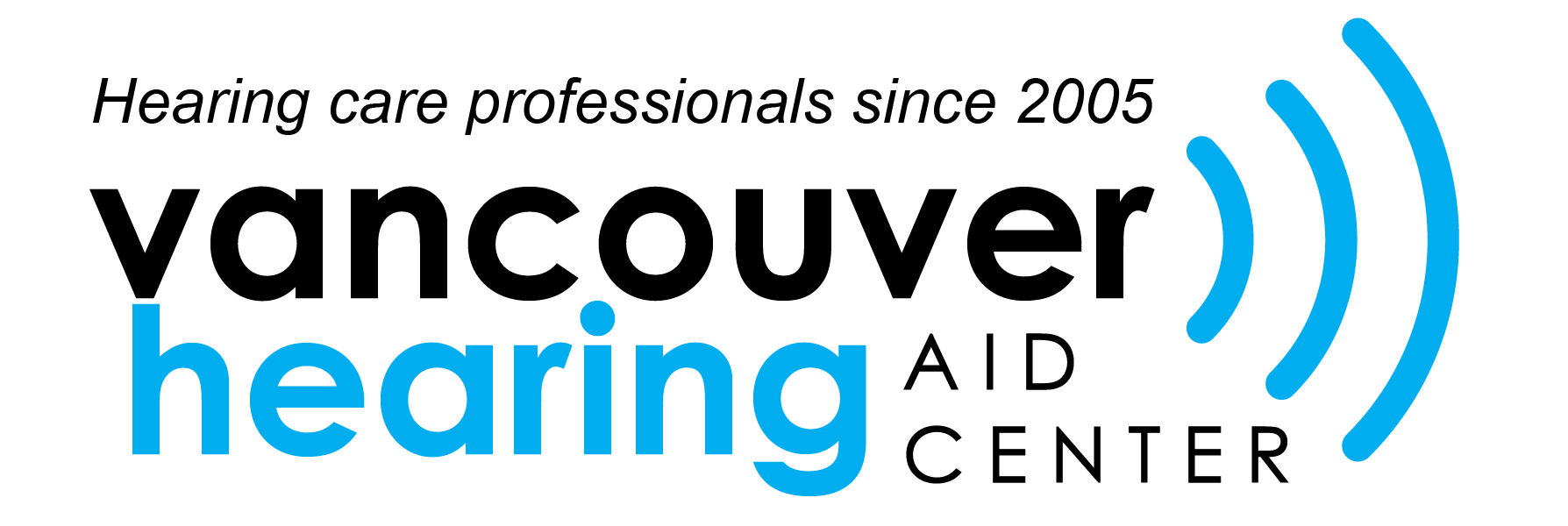Changes in hearing are usually considered normal as people age. However, it is important to know the differences between normal hearing changes and alarming changes that might signal serious hearing loss. You should pay attention to subtle signs of hearing loss so that you can be proactive and help save your hearing.
Why Early Intervention Is Important
Early intervention is important when it comes to hearing loss. Those who suffer from untreated hearing loss will often also suffer from feelings of depression, isolation, and even memory problems. When you can get treatment early on for hearing loss, you may be able to avoid some of these issues.
Let’s look at some subtle signs that you could be experiencing hearing loss.
Hard to Hear Children
One of the early signs of hearing loss is that children’s voices are hard to hear. A child’s voice is not as deep as an adult’s and therefore hits the cochlea differently. Higher-pitched sounds are usually the first sounds that become difficult to detect. This can be a very early sign. If you can catch your hearing loss at this stage, you might be able to avoid a lot of lost treatment time.
Background Noise Is a Problem
Another issue you might notice early on is that background noise starts to be problematic as you have trouble hearing in crowds. You may start to notice that you can hear the background noise, but you cannot hear the conversation going on right in front of you. Not only is this connected with how your ear is actually working, but it can also be a result of how your brain processes sound as you grow older.
Social Events Are Tiring
Do you notice that social events are draining on you? If this is a new change for you, it could be because of your hearing. When you are struggling to hear all the sounds that are going on around you, your brain will be working overtime in an effort to fill in the gaps. This can leave you feeling exhausted after a social event. You may find yourself needing to focus more intensely in order to follow the conversations.
Relying on Lip Reading
Even without realizing it, your brain will start developing behaviors to compensate for hearing problems. One of these behaviors is lip reading. You may not even notice that you are doing this. The next time you are with others, watch to see if you are doing this behavior.
Ears That Feel Clogged
Another symptom of hearing loss can be a feeling of ears being clogged. Because the sounds are muffled to you, it may feel like your ears are clogged.
TV Volume Going Up
You may also start to notice that you are complaining more and more, "I cant hear my TV." This is a type of compensation that can sneak up on you. Pay attention to how loud you are setting your volume.

